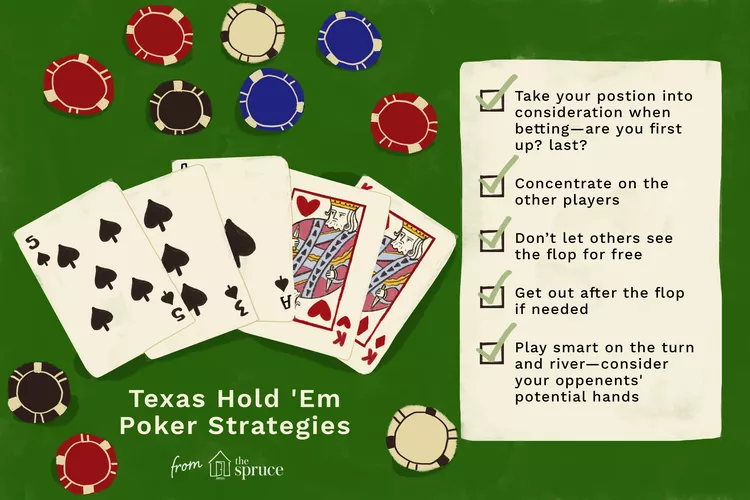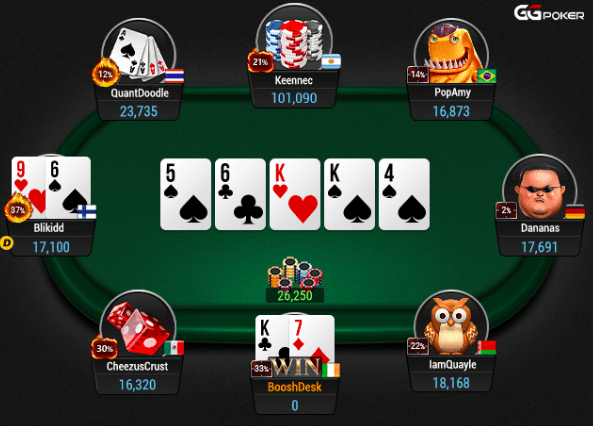Texas Hold ‘Em Poker, a blend of skill, strategy, and luck, is a game that has fascinated millions worldwide. Whether you're a novice or a seasoned player, understanding and implementing strategies can significantly elevate your game. Here are some key strategies to help you navigate the complex world of Texas Hold ‘Em Poker:Texas Hold ‘Em strategy.
1. Understand Position Play
- Late Positions (Button and Cutoff): Having the advantage of acting last post-flop. This position allows you to observe other players' actions before making your own, providing valuable information.
- Early Positions: Requires more caution as you have less information on your opponents' hands.
2. Starting Hand Selection
- Tight-Aggressive Play: Start with strong hands and play them aggressively. This means betting and raising rather than calling.
- Positional Awareness: Your range of starting hands should expand in later positions.
3. Reading Opponents
- Observe Betting Patterns: Pay attention to how opponents bet in different situations to deduce the strength of their hands.
- Physical Tells: While more relevant in live play, noticing physical tells can offer insights into an opponent's hand strength.
4. Bluffing and Semi-Bluffing
- Selective Bluffing: Bluff in situations where you can logically represent a strong hand based on the community cards and your betting pattern.
- Semi-Bluffing: Bluff with hands that have a chance to improve to a strong hand on future streets, like drawing hands.
5. Bankroll Management
- Play Within Your Limits: Only play at stakes where your bankroll can withstand the natural variance of the game.
- Avoid Tilt: Don't chase losses or play when you're emotionally compromised.
6. Pot Odds and Expected Value
- Calculate Pot Odds: Understand the ratio of the current size of the pot to the cost of a contemplated call.
- Expected Value (EV): Make decisions based on whether they have a positive EV over the long term.
7. Adjusting to Your Opponents
- Adaptability: Be ready to adjust your strategy based on the tendencies and skill levels of your opponents.
- Table Dynamics: The same hand can be played differently depending on the table's dynamics and flow.
8. Know When to Fold
- Discipline: One of the most important skills is knowing when to fold, even if you've invested significantly in the pot.
- Avoid Being Pot-Committed: Don't feel forced to stay in a hand just because you've already contributed a significant amount to the pot.
9. Continuation Betting
- C-Bet Judiciously: A continuation bet can show strength and win the pot. However, be mindful of opponents who may call or raise against perceived weakness.
10. Leverage Table Image
- Be Aware of Your Image: Your past actions at the table will influence how opponents react to you. Adjust your play to exploit their perceptions.
Incorporating these strategies into your game requires practice and patience. Every session is an opportunity to learn and adapt. Remember, poker is a game of decisions, and making consistently better decisions than your opponents leads to success over time.





